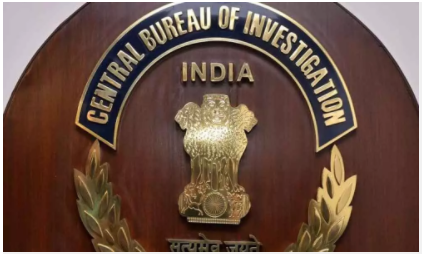Free Courses Sale ends Soon, Get It Now


Free Courses Sale ends Soon, Get It Now



Figure 1: No Copyright Infringement Intended










© 2024 iasgyan. All right reserved